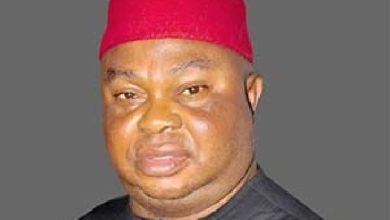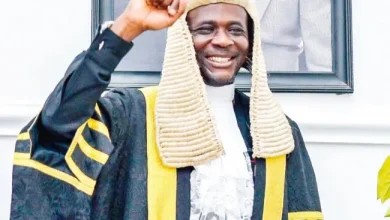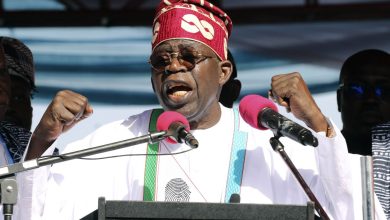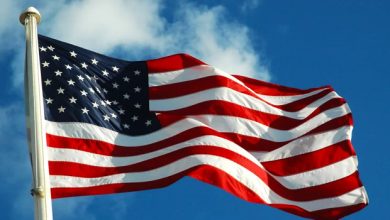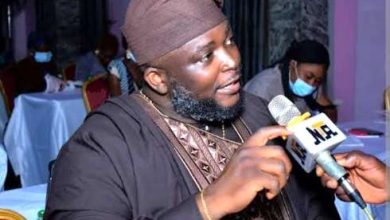Fuel Subsidy Nothing But a Scam – Bawa, Former EFCC Chief Declares

According to AbdulRasheed Bawa, the former chairman of the Economic and Financial Crimes Commission, the now-defunct fuel subsidy system in Nigeria was a national swindle that was created via institutional collusion, regulatory compromise, and ingrained corruption.
In an interview with Arise News on Monday, Bawa claimed that influential groups such as governmental officials, security services, and oil merchants purposefully exploited the long-standing subsidy program.
When talking about his new book, “The Shadow of Loot and Losses: Uncovering Nigeria’s Fuel Subsidy Fraud,” which describes the EFCC’s 2006–2011 investigations, the former anti-graft czar, who was in office from 2021–2023, made the remarks.
Law enforcement was among those who benefited from the scam’s scope, according to Bawa. Individuals can be so compromised that they will turn a blind eye. That’s a general issue.
He claimed that the EFCC’s research showed how Nigeria’s subsidy payouts increased dramatically from ₦200 billion in 2006 to ₦2.1 trillion by 2011, a spike that sparked several investigations and raised concerns.
Bawa claims that the amount of fraud discovered when he was employed by the EFCC was unparalleled.
Even at the EFCC at the time, we could see that this was something that had never occurred before,” Bawa added. I endured the agony of writing it down.
He pointed out that although not all subsidy payments were fraudulent, the system had grown so weak that it allowed powerful actors to take advantage of legal gaps, with political cover protecting many offenders from punishment
With a human touch, “no matter how strong a system is, nothing is impossible,” Bawa continued.
As recently as 2025, Bawa remembered, the EFCC prosecuted and obtained convictions for a number of people and businesses engaged in subsidy fraud.
“First, they were charged in court,” he stated. One more set was charged. Afterward, the government realized that it didn’t have to follow that course. They created an opportunity for healing.
Bawa claimed that the EFCC’s participation had a noticeable effect on the fuel subsidy environment. The number of oil marketers decreased from 118 to 49, he disclosed, and the yearly payouts of subsidies decreased from ₦2 trillion to ₦1 trillion.
Bawa Talks About Tinubu Eliminating Fuel Subsidies
In response to President Bola Tinubu’s 2023 plan to completely phase off fuel subsidies, Bawa stated that the action was long overdue and advantageous for Nigeria’s anti-corruption initiatives and financial stability.
That we had to let it go was a good thing. He stated, “At least that opportunity that the regime has given us is no more.”
He stated his confidence that significant sums have been diverted to other areas of governance, notwithstanding his inability to independently confirm how the money saved from the removal of subsidies was being used.
Read Also: Flying Eagles Resume Camp Ahead of CAF WAFU B U-20 Boys’ Tournament
Although Bawa avoided to draw parallels between his time there and the present EFCC leadership, he did stress that governance is an ongoing process.
But there’s always space for improvement,” he said. There is a bright future ahead for the nation. We ought to have hope.
In reference to the trend of EFCC chairmen resigning under contentious circumstances, Bawa rejected ideas of political persecution while acknowledging the perceptional difficulties associated with the position.
“It’s just a stage that must pass.” Everybody talks. No matter how truthful you are, people will still say something,” he remarked.
Bawa insisted that the work done under his direction was extensive and successful, especially in combating subsidy fraud, even if he was suspended in 2023.
The effect is genuine. He said, “Those involved in the scheme were dealt a very good blow by the frauds that were discovered.”

